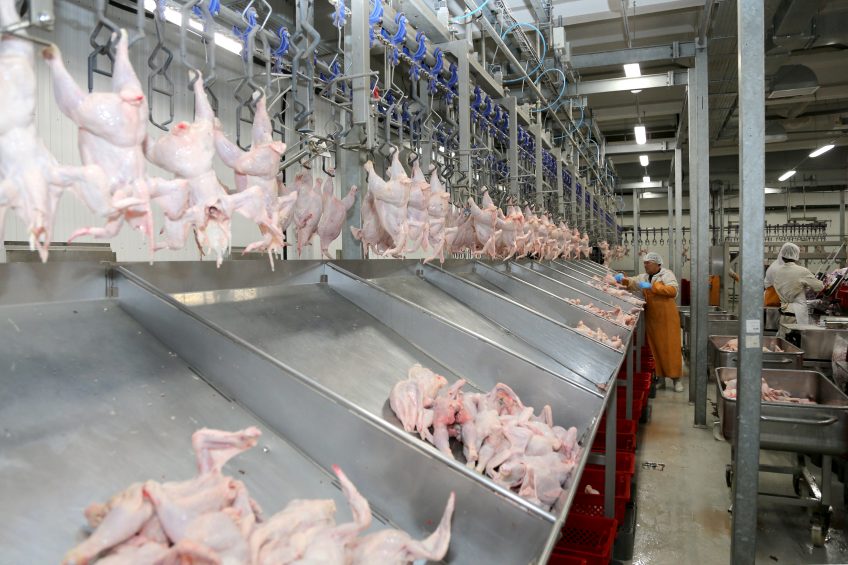Rabobank: Promising global poultry outlook

Consumer demand for poultry will continue to grow in all regions except for China for the first six months of the year and possibly longer.
The Rabobank Outlook report says global prices for chicken have remained strong, particularly for whole chicken and breast meat, but dark meat prices have declined.
However, the report cautions against over-optimism, arguing that a disciplined supply growth strategy will be needed, particularly as uncertainties are rising, such as the possible return of avian influenza in the northern hemisphere this winter and the rising supply of competitive meat proteins, like pork and beef.
Global poultry trade is likely once again to be hit by volatility, due not only to AI but also exchange rate fluctuations and changes in traders’ procurement strategies in response to earlier trade scandals. New suppliers will continue to enter the market so supply discipline will be important, the report adds.
Global Highlights
Nan-Dirk Mulder, Rabobank senior analyst animal protein, said the fastest growing global regions would be South East Asia and Eastern Europe.
“South East Asia will remain very bullish in the next year, within ongoing growth of more than 5% in most countries like Indonesia, India, the Philippines and Thailand being driven by strong local demand and Thailand’s clear leadership when it comes to global trade.
“However, recent expansion of the industry, at 7%, has probably occurred a bit too fast, when taking the current margin pressure into account.”
Europe
The EU poultry industry will continue to perform relatively well, based on a favourable supply/demand balance due to AI restricting production growth and animal welfare/environmental regulations preventing substantial expansion.
Eastern Europe, particularly Poland, will keep growing fast and will become a major trade hub.
US
The US poultry industry is also likely to perform well, driven by ongoing local market conditions and improved exports, combined with a predicted record-high US corn and soybean harvest, which is set to push feed prices lower.
South America
The report says that the Brazilian industry is recovering from the “weak flesh” scandal, and exports have returned to 2016 levels after substantial drops in quarters two and three. However, the risk of Brazilian imports being substituted by new suppliers remains.
Loser
The report argues that the largest loser in the next few months will be China. Mr Mulder said: “China’s industry is struggling, with winter rapidly approaching and many wet markets yet to be closed.
“This situation could negatively affect prices and global trade. The industry needs to further reduce supply in order to rebalance supply and demand.”













